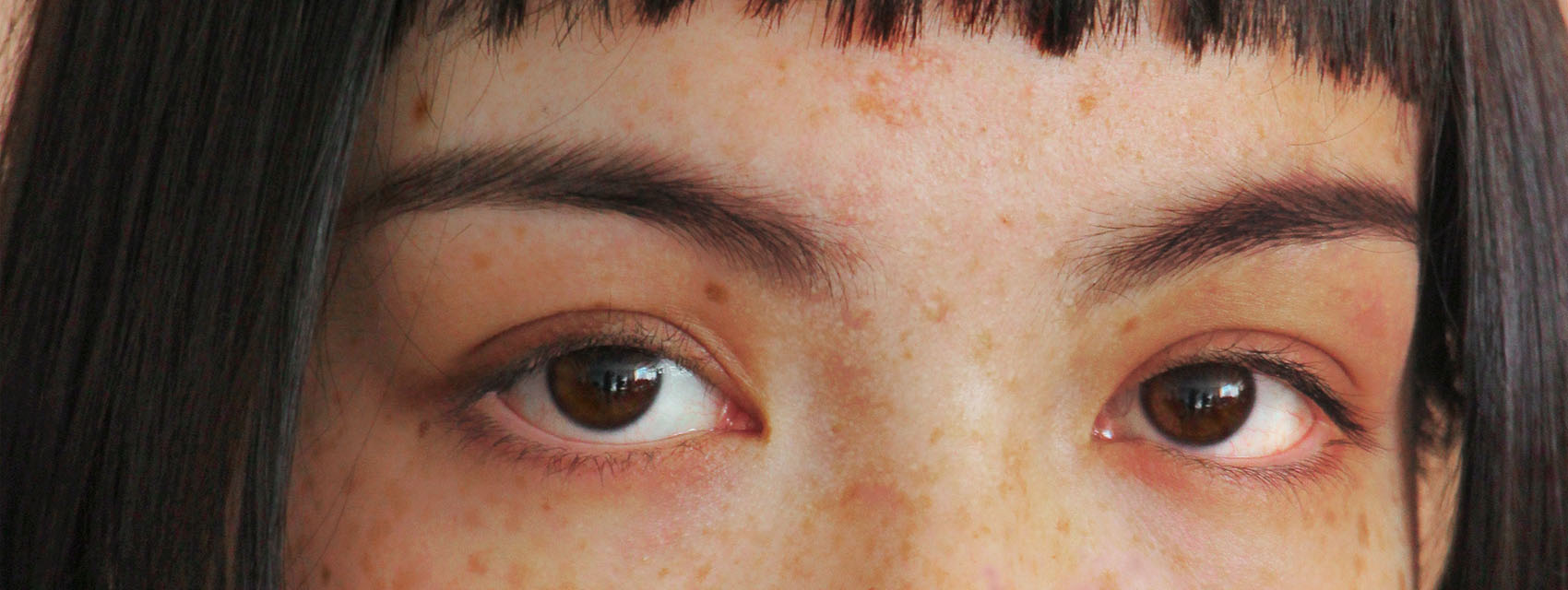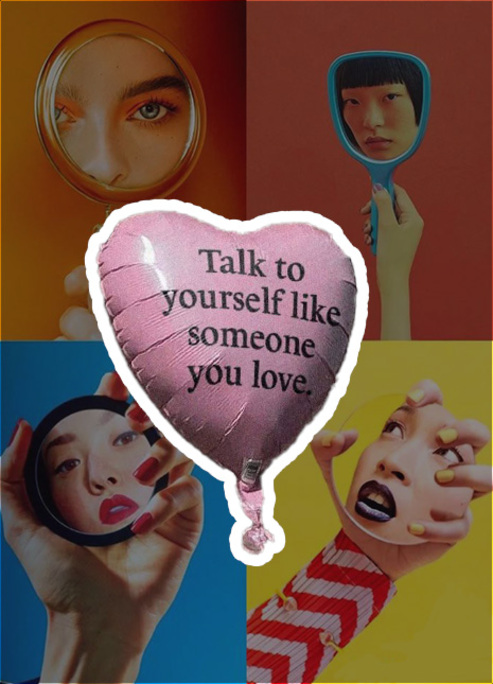My Experience With ‘Bad’ Skin And How It Affected My Mental Health
I am not my skin!
Since the age of 13, I have suffered from 'bad' skin that started as a few spots and escalated to acne as I got older. While I have always said it didn't really bother me, I am on medication for my acne and have suffered from mental health issues throughout my life, so could the two be linked?
In a study by E45, it was found that 10 million people in the UK have had mental health problems due to suffering from 'bad' skin. Of course, there isn't such a thing as bad skin, but the study referred to issues like rosacea, eczema, and acne; I have experience with the latter.
As a teenager, I can't say it bothered me that much; good skin care and a little bit of concealer kept spots at bay and concealed the small ones I had. As I grew older and began to suffer from depression, my skin grew worse, and my self-esteem was at an all-time low. Luckily, I was never bullied for having 'bad' skin, as so many young people are, and I had friends that suffered too, yet mine always seemed worse. Nobody mentioned it, but I could often see people looking, sometimes thought people were looking when they probably weren't. I was quite self-conscious, but thankfully, due to good friends and the fact that I had lots of things to focus on in my life rather than my skin, I didn't suffer too badly.
When I went to the doctors because of my depression, the doctor did notice my acne and asked if I wanted to go on medication for it, which I accepted, but actually having someone acknowledge my skin as 'bad' made me feel a lot worse. Since then, I am much more conscious of my skin, and it does affect how I see myself, and I often find myself feeling unattractive and unlovable because of it. I'm not alone – a massive 81% of us have suffered from 'bad' skin, with a quarter saying it makes us feel depressed.
There are so many misconceptions surrounding acne. I have a skincare routine I follow. I am on medication, wash my face twice a day, and don't wear makeup too often. Yet those are the things people with bad skin get criticized for. The worst has got to be, "Do you wash your face?" I once had a doctor tell me to just eat healthily. I advised him that I have always eaten healthily and enjoyed doing so, but that judgmental look was enough to know he didn't believe me. Whether it's hormones, a health problem, or the fact I'm on the pill, my skin is still 'bad,' and I am so over people's assumptions of why my skin came to be so 'bad.'
With social media increasingly pushing the 'perfect' ideal onto society, it's no wonder there is such a link between 'bad' skin and mental health. I would look up what models or influencers do for their 'perfect' skin. Bella Hadid apparently swears by facials for her glowing skin; oddly enough, I can't afford facials like a supermodel such as her. This social media culture forces these ideas of a perfect image that is unattainable for the everyday person. For me, it starts before the rise of social media; when have you ever seen your favorite character in a TV show have acne? I never have. Have you ever read books where the character is described as having acne? I never have. Feeling like you are the only one that suffers is incredibly isolating and made me want to feel invisible, particularly as someone who loved dance and drama. I began to hate having all eyes on me.
After starting medication, my skin improved drastically, which made me feel so much more confident. I came off the medication after my skin improved, but since it has got worse. I have started my medication again as it did start to affect my confidence, yet I am still suffering, aged 19. I hear of people experiencing 'bad' skin in their late 20s, and it's worrying to think that could be me.
If you see someone with 'bad' skin, be conscious that they may feel self-conscious in themselves. If you suffer from 'bad' skin, know that you aren't alone.












